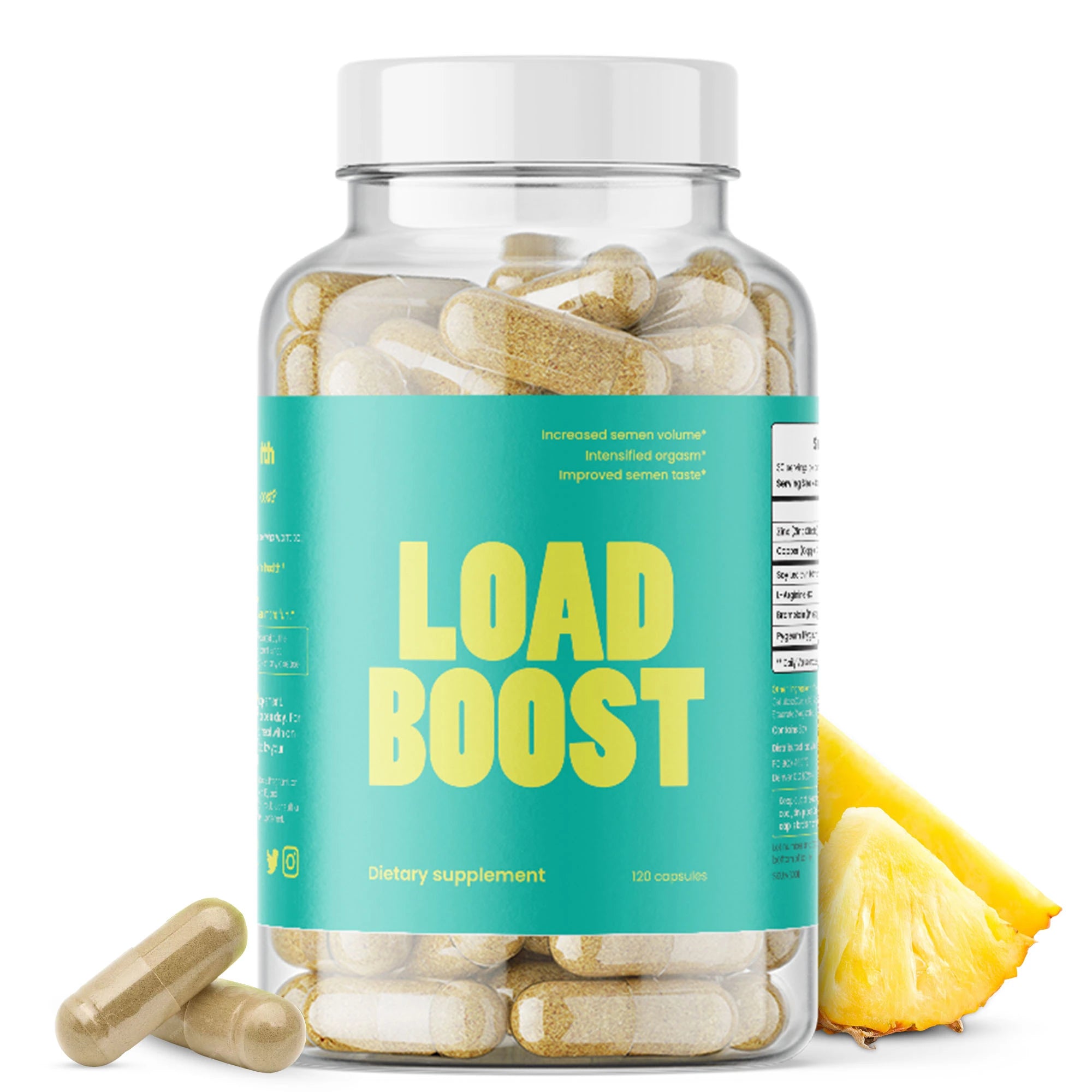Creatine is a naturally occurring compound found in small amounts in certain foods and is also produced by the human body. It plays a critical role in energy production, particularly during high-intensity, short-duration activities like sprinting and weightlifting. Supplementing with creatine is popular among athletes and bodybuilders for its benefits in improving strength, power, and muscle mass. Given its natural occurrence in the body and some foods, creatine supplements are considered by many to be a natural aid, aligning with a "natty" approach to fitness.
The Short Answer
Considering creatine's natural occurrence, safety profile, and ethical usage in competitive settings, it aligns with the principles of being "natty." Athletes and bodybuilders utilizing creatine can confidently claim they are achieving their performance goals while remaining within the natural limits of their bodies and the ethical standards of their sports.
What is Natty?
In the bodybuilding and athletics world, the term "natty" is short for "natural," referring to athletes who do not use performance-enhancing drugs (PEDs) to improve their physical capabilities. The distinction between natty and non-natty individuals is crucial in competitions and bodybuilding circles, emphasizing fairness and the human body's natural limits. Being "natty" signifies a commitment to achieving fitness goals without external chemical assistance, relying solely on diet, exercise, and permitted supplements to enhance performance and physique.

Health Perspectives on Creatine Use
Health experts generally regard creatine supplementation as safe and effective for both short-term and long-term use, with research supporting its benefits in increasing muscle strength and power. Unlike banned PEDs, creatine does not artificially alter hormone levels or pose significant health risks when consumed within recommended guidelines. This safety profile supports the argument that creatine users can still be considered "natty," as they are not exposing themselves to the health risks associated with non-natural supplements and drugs.
Foods With Creatine
The main reason creatine is considered "natty" is because is occurs naturally in so many foods. This is one of many reasons why most people don't need a creatine loading phase, because they already have creatine in their bodies. Here are some foods that are great natural sources of creatine:
- Red Meat: Beef and lamb are excellent sources of creatine, providing a natural way to boost creatine levels through diet.
- Fish: Particularly fatty fish like salmon and tuna, which are not only rich in omega-3 fatty acids but also contain good amounts of creatine.
- Pork: Similar to beef, pork is another meat option that offers creatine, though the amount varies depending on the cut of the meat.
- Chicken: Poultry, including chicken and turkey, provides creatine, making it a good option for those who prefer white meat.
- Eggs: While not as high in creatine as meat and fish, eggs still contain small amounts of creatine, especially in the yolk.
- Dairy Products: Milk, cheese, and yogurt contain creatine, though in smaller quantities compared to meat and fish, they can contribute to the daily creatine intake.
Ethical Considerations in Sports and Bodybuilding
The debate over whether creatine users are still "natty" extends into ethical considerations within sports and bodybuilding communities. From an ethical standpoint, using creatine does not equate to the deceit or unfair advantage associated with banned substances. Creatine is widely available, legal, and used within the rules of most sporting organizations, offering no secretive edge. This transparency and adherence to competition guidelines further cement the position of creatine within the bounds of "natural" supplementation, maintaining the integrity of the "natty" status.




